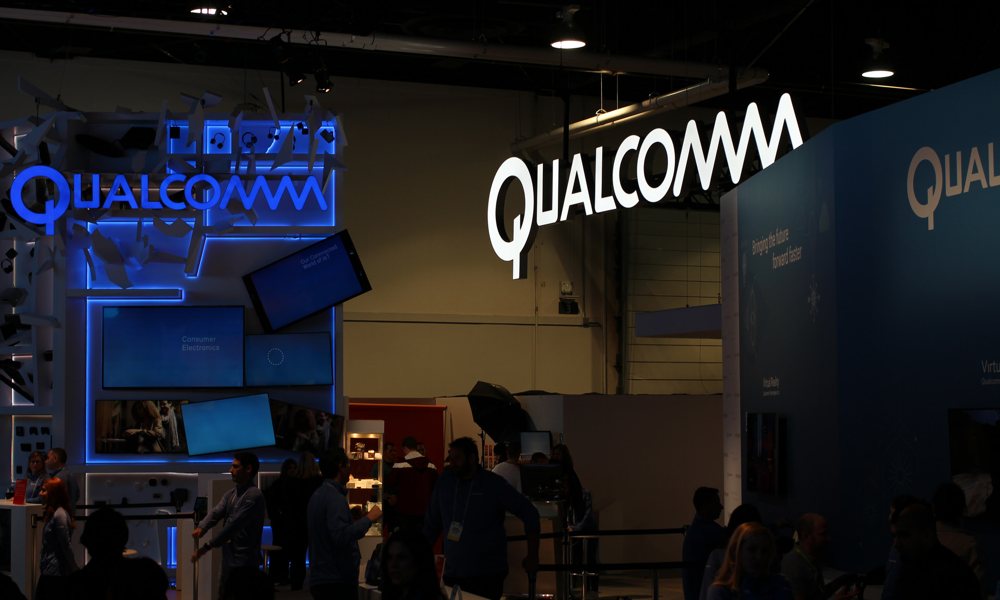New Emails Reveal Qualcomm Feared Apple Would Leak Trade Secrets to Competitors
 Credit: Maurizio Pesce / Flickr / CC BY 2.0
Credit: Maurizio Pesce / Flickr / CC BY 2.0
Toggle Dark Mode
The disagreement between Apple and Qualcomm that has led to a bitter ongoing legal dispute may have actually begun as a result of concerns regarding software access, rather than patent licensing fees.
According to a new report by Bloomberg, emails sent between Apple COO Jeff Williams and Qualcomm CEO Steve Mollenkopf shows that the two companies had begun quietly disagreeing on issues around software access, long before the royalties became an issue.
In fact, the emails reveal that Williams was initially willing to set aside the licensing dispute in order to maintain the supply of Qualcomm modem chips for Apple’s 2018 iPhone lineup, however Qualcomm maintained that its proprietary software code for customizing the modem chips was at risk in the hands of Apple engineers.
Williams reportedly made several attempts to mollify Mollenkopf, even offering to “firewall” Apple engineers that would have access to Qualcomm’s software, adding in a 2017 email that “In my wildest imagination of some evil intention of Apple, I have trouble coming up with a real scenario where anything of significant value could be leaked based on this code,” and that he hoped that the licensing dispute itself would be solved so that the two companies could keep “some decent amount of business flowing” between them. Williams also noted that Apple planned to order about $2 billion in chips from Qualcomm for 2018.
In his replies, Mollenkopf made it clear that the software access issues were independent of the licensing dispute, and that in fact his main concern was protecting Qualcomm’s trade secrets, noting that he felt earlier complaints by Qualcomm in this area had gone unaddressed by Apple. However, the emails also show that Mollenkopf was willing to provide the necessary software access in exchange for a commitment from Apple to use Qualcomm’s modem chips in at least 50 percent of its iPhones over a two-year period.
The email exchange between the two executives has not yet been submitted as evidence in the ongoing FTC trial, and the report adds that Williams also discussed the issue with Mollenkopf over the phone on at least one occasion, however nothing more is known about that particular conversation. In the FTC trial last week, the FTC questioned a 2014 email exchange between Qualcomm Chief Technology Officer James Thompson and Mollenkopf that suggested Qualcomm should go on the offensive against Apple “while we’re strong.” Williams also testified that Apple made several attempts to persuade Qualcomm to continue selling them chips for the 2018 iPhone lineup, including contacting Mollenkopf by email and by phone, before being forced to switch to using Intel chips exclusively — a move that prompted Qualcomm to countersue Apple, accusing them of feeding Qualcomm’s trade secrets to Intel in order to improve Intel’s chips.






